You can count on three things in life: death, taxes, and the stock market eventually experiencing a down period. Unfortunately, the latter is exactly what has happened with the Nasdaq Composite, as the index has fallen into correction territory.
A stock market correction is when a major stock market index drops between 10% and 20% from recent highs, and the Nasdaq Composite checked that box, down over 13% from its Dec. 16 record high when the market closed March 10.

^IXIC data by YCharts
Investors may not like corrections, but they’re a natural part of the stock market cycle, and there’s often not one singular event that causes them. They can be caused by falling market sentiment, political and economic concerns, global events, or a combination of them all and other things.
In any case, an important thing investors can do is view a market drop as an opportunity to grab shares of great companies that may have gotten a lot cheaper. One in particular, Alphabet (GOOG -1.07%) (GOOGL -1.08%), seems like a bargain after recent drops.
Stock price drops don’t always mean a business is slumping
As of March 10, Alphabet’s stock is down 12% year to date and close to 20% from its 12-month high, which it hit on Feb. 4. The only “Magnificent Seven” stocks with a worse performance year to date are Tesla and Nvidia.
As the parent company of Google, YouTube, Waymo, DeepMind, and other subsidiaries, Alphabet has an arsenal of top-tier ventures. And despite the rough start to the year, Alphabet’s business remains as strong as ever, especially financially.
In 2024, Alphabet made over $350 billion in revenue, up 14% year over year, making it one of the premier cash cows in the business world. Maybe more impressive, though, is the 31% jump in operating income from 2023, while its operating margin also improved by 5%.

GOOGL Operating Income (Annual) data by YCharts
Google advertising continues to be Alphabet’s biggest moneymaker, but segments like Google Cloud and YouTube have consistently grown and contributed their share to the pot. Both businesses combined to finish 2024 with an annual revenue run rate of $110 billion (a measure that estimates annual revenue based on the fourth quarter).
Google Cloud is a key to growth
Cloud services have become a big part of many big tech companies’ businesses. Amazon‘s Amazon Web Services and Microsoft‘s Azure are the two biggest platforms by market share, but Google Cloud’s 12% market share is double what it was around seven years ago.
Google Cloud’s revenue grew 30% year over year in the fourth quarter to $12 billion, fueled by the demand for its cloud services, including data storage and analytics, machine learning, computing, and similar tools.
Alphabet plans to spend around $75 billion on capital expenditures in 2025, and you can bet a large chunk of that will go toward expanding its artificial intelligence (AI) capabilities and bolstering Google Cloud to make it more competitive for the long haul.
Cloud computing can be a high-margin business, but it generally requires a large scale to achieve high profitability because of the expensive fixed costs.
Alphabet’s stock is a bargain
After recent drops, Alphabet’s stock looks a lot more appealing. Its price-to-earnings (P/E) ratio is around 20.5 as I write this, well below its average over 10 years.

GOOGL PE Ratio (Annual) data by YCharts
Alphabet is also the cheapest of the Magnificent Seven stocks when comparing P/E ratios. And although that alone doesn’t automatically make it a good investment, it shows the market may be undervaluing the company and its growth potential compared to other big tech stocks.
This isn’t to say Alphabet’s stock won’t face any short-term troubles (especially as the broader Nasdaq does), but if you’re investing for the long term, the picture looks bright.
Financial Market Newsflash
No financial news published today. Check back later.









